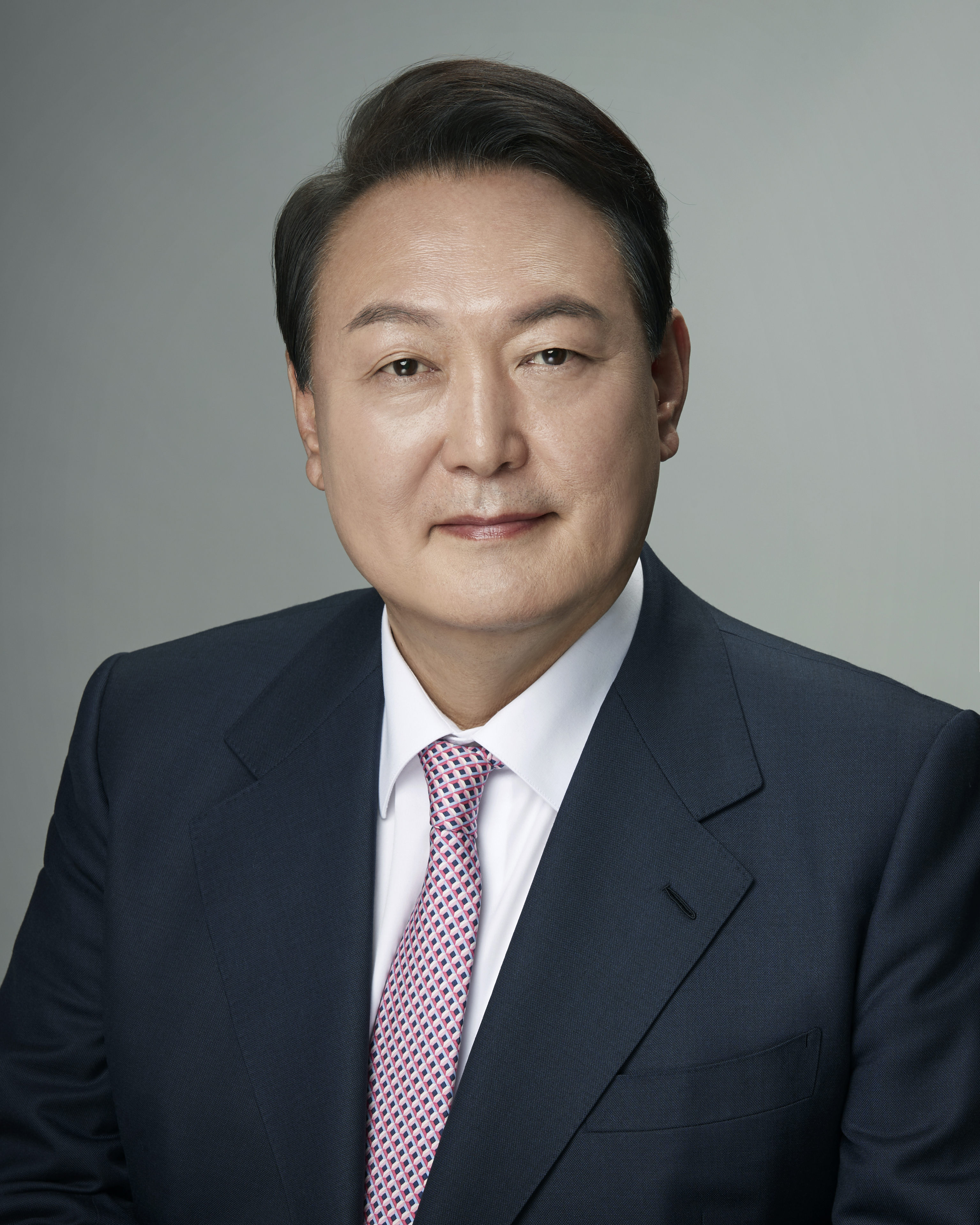
South Korea’s Constitutional Court has unanimously upheld the impeachment of President Yoon Suk Yeol, officially removing him from office. The decision follows Yoon’s controversial declaration of martial law in December 2024, which led to widespread political turmoil and public outcry.
Acting Chief Justice Moon Hyung-bae stated that Yoon’s actions constituted a “serious challenge to democracy” and a “grave betrayal of the people’s trust.” He emphasized that the president had violated his constitutional duties by imposing martial law without justifiable cause, leading to chaos across various sectors of society, including the economy and foreign policy.
In December 2024, Yoon declared martial law, citing threats from North Korea and domestic political gridlock. This move involved deploying military forces to key national institutions, including the National Assembly, and attempting to arrest opposition lawmakers. The declaration was met with immediate resistance from both the public and political figures, drawing comparisons to authoritarian practices from South Korea’s past.
The National Assembly responded by impeaching Yoon on December 14, 2024, suspending his presidential powers and duties. Prime Minister Han Duck-soo assumed the role of acting president during this period. The Constitutional Court’s recent ruling finalizes Yoon’s removal, necessitating a presidential election within 60 days to elect a new leader.
Yoon, a former prosecutor who gained prominence for leading high-profile anti-corruption investigations, was elected president in 2022. His tenure, however, was marred by political strife, legislative gridlock, and declining public approval. The declaration of martial law significantly eroded his support, leading to mass protests and calls for his resignation.
Following his removal from office, Yoon now faces criminal charges, including insurrection, which carry severe penalties. His trial is scheduled to begin on April 14. Despite expressing regret over his actions, Yoon has denied any wrongdoing and maintains that his decisions were in the nation’s best interest.
The political landscape in South Korea remains deeply divided in the aftermath of Yoon’s impeachment. The opposition Democratic Party, led by Lee Jae-myung, has emerged as a frontrunner in the upcoming presidential election. However, Lee himself faces legal challenges that could impact his candidacy.
Public demonstrations have continued in the wake of the court’s decision, reflecting the nation’s polarized sentiments. While some citizens celebrate the upholding of democratic principles, others express concern over the potential for ongoing instability.
Internationally, Yoon’s removal introduces uncertainties in South Korea’s diplomatic relations, particularly with the United States and North Korea. The leadership vacuum and impending election may influence ongoing negotiations and regional dynamics.


